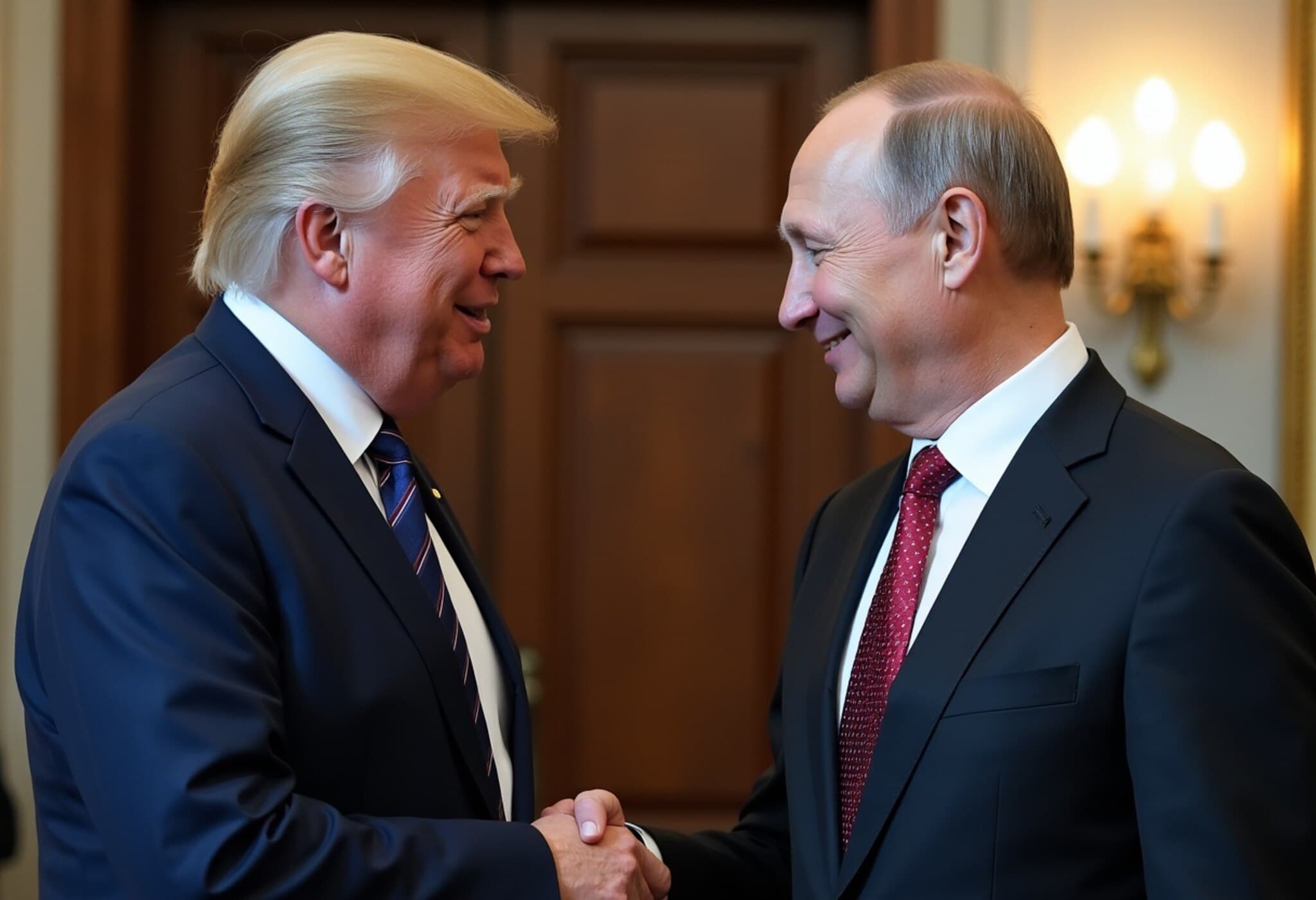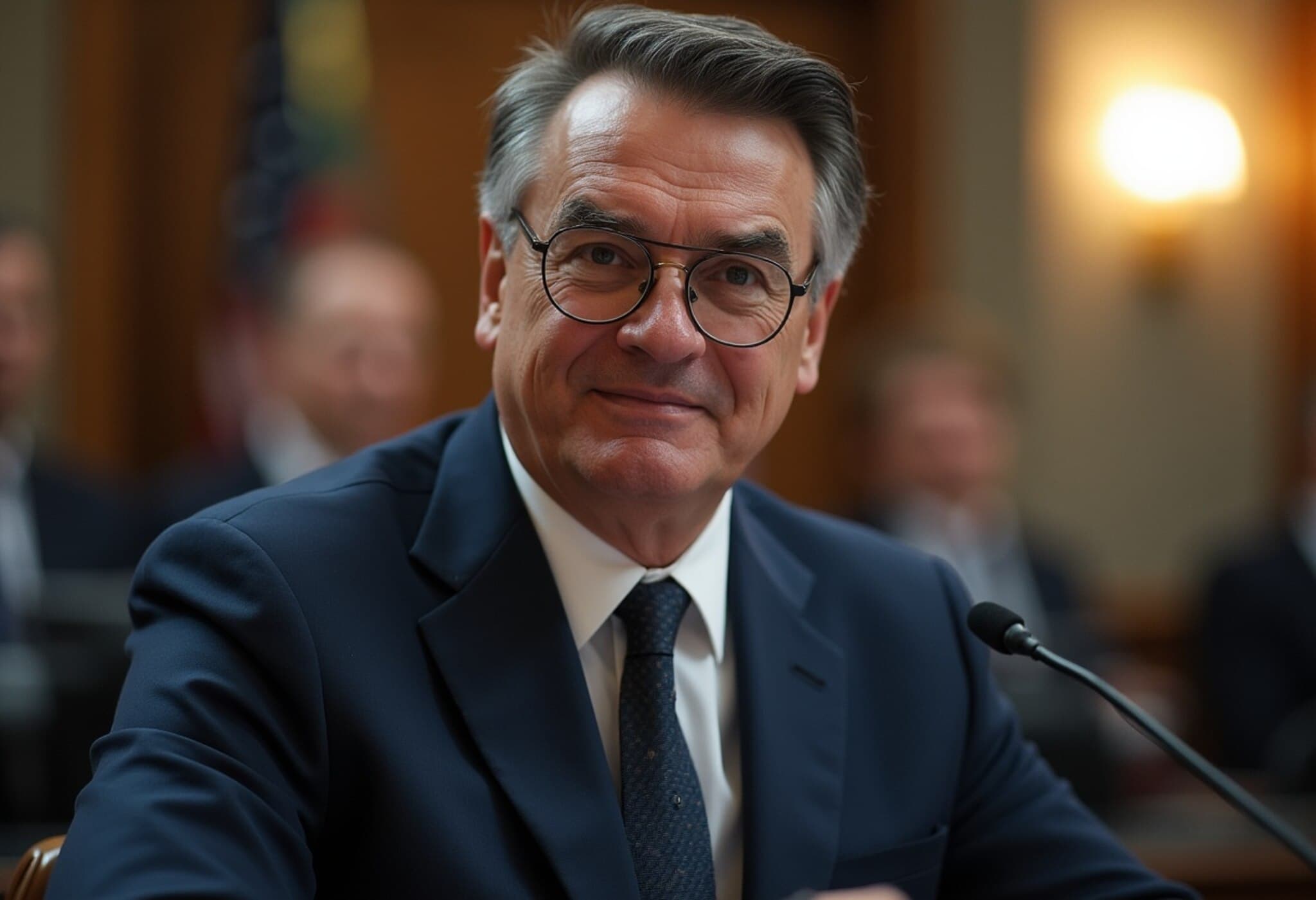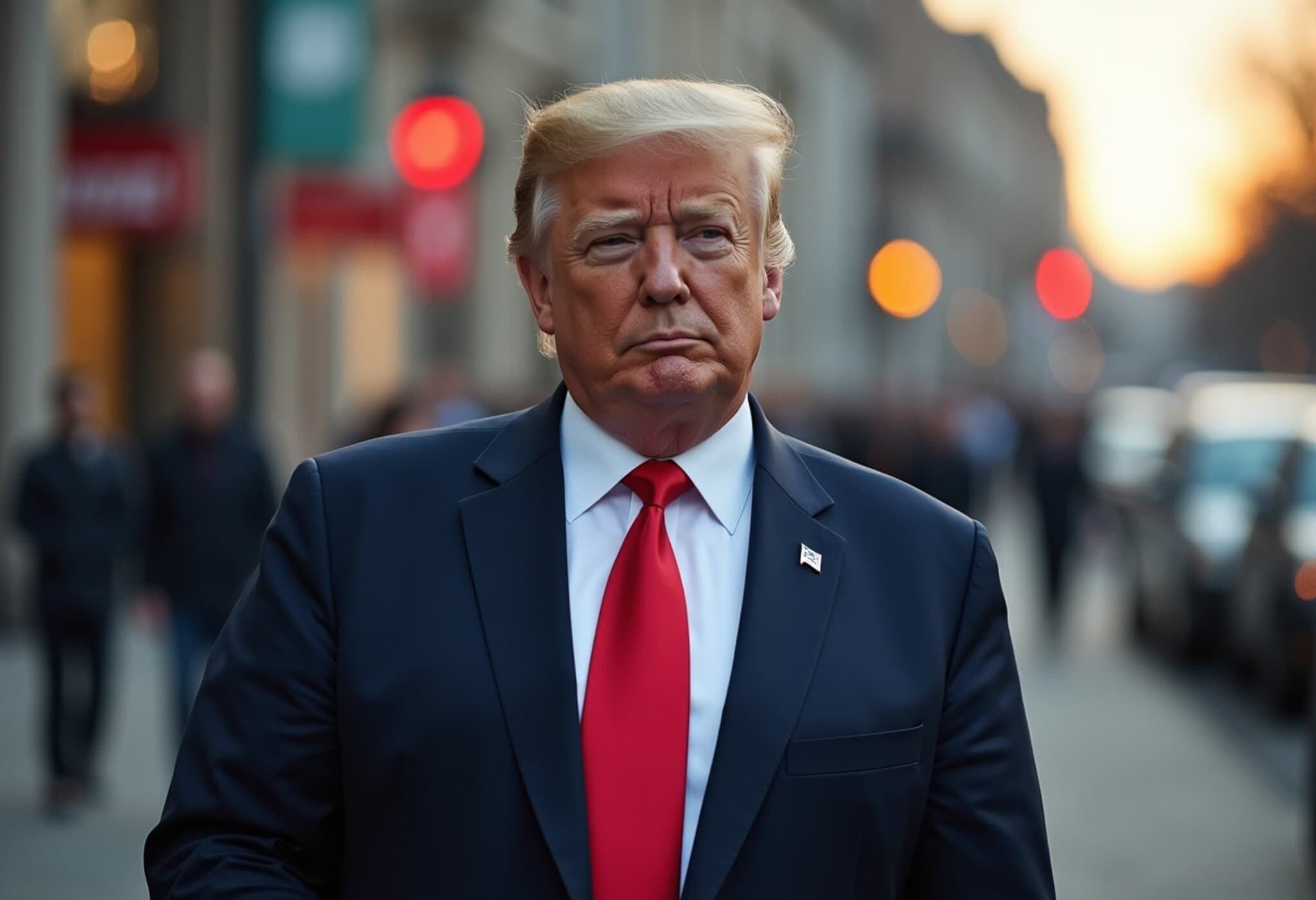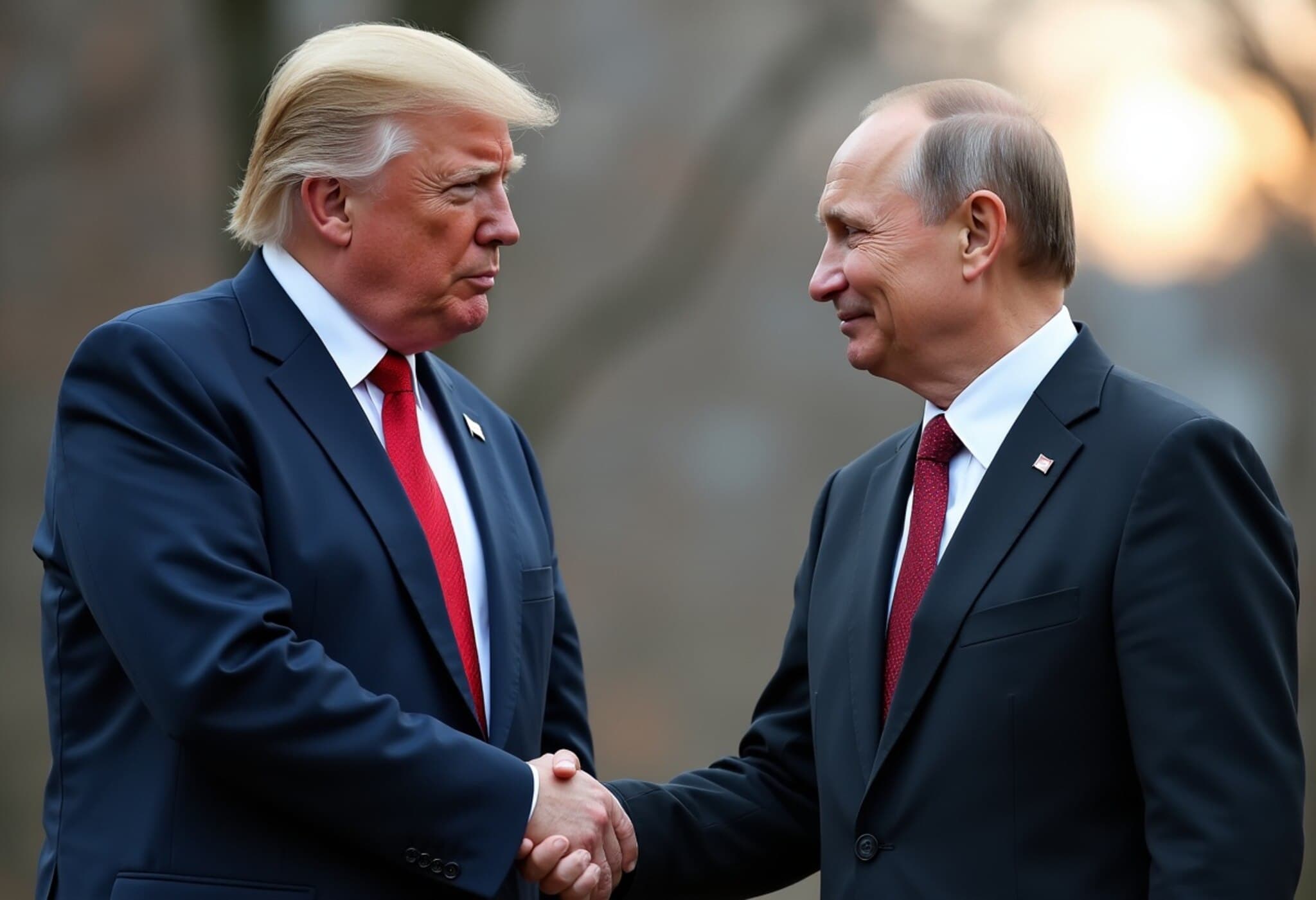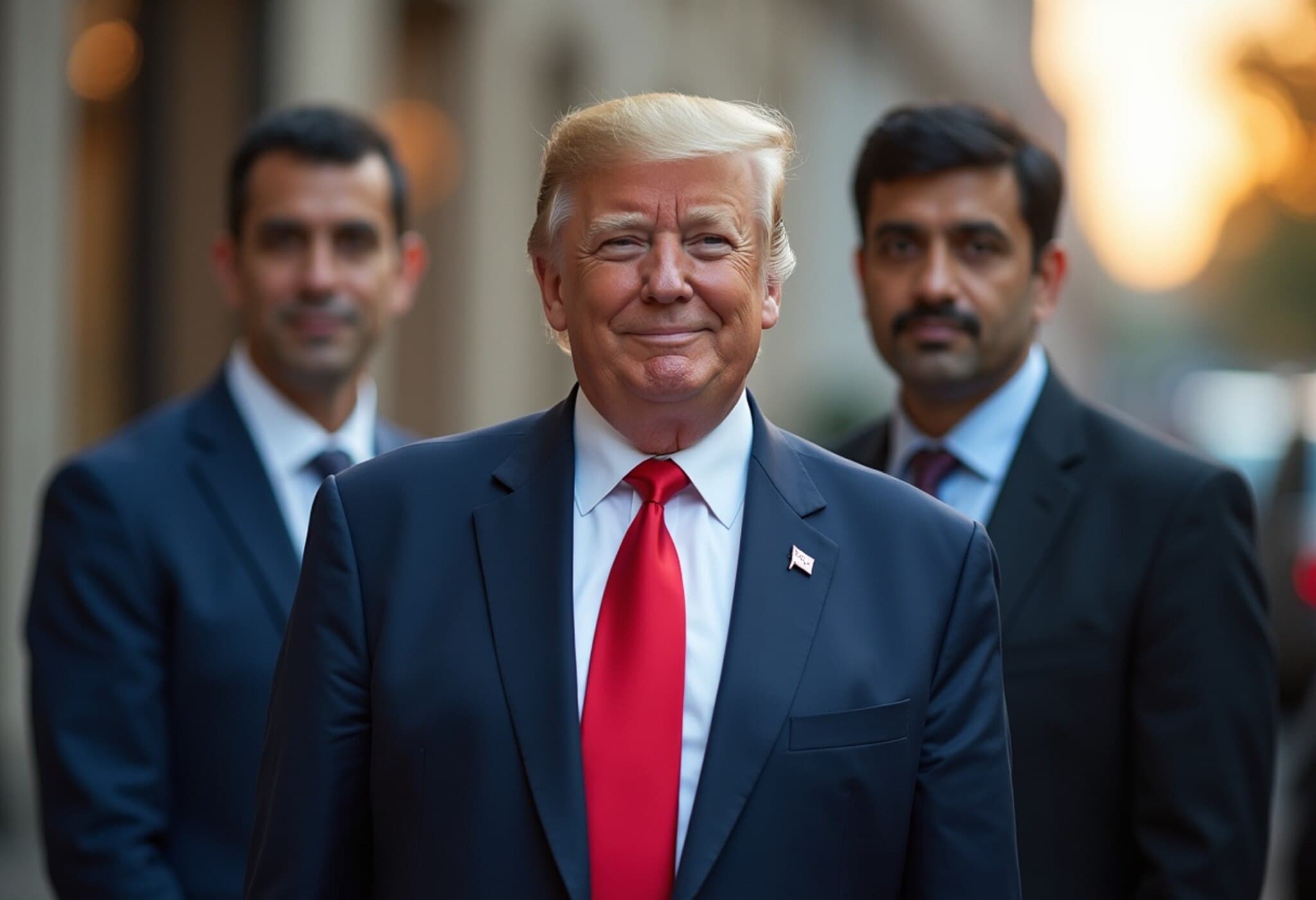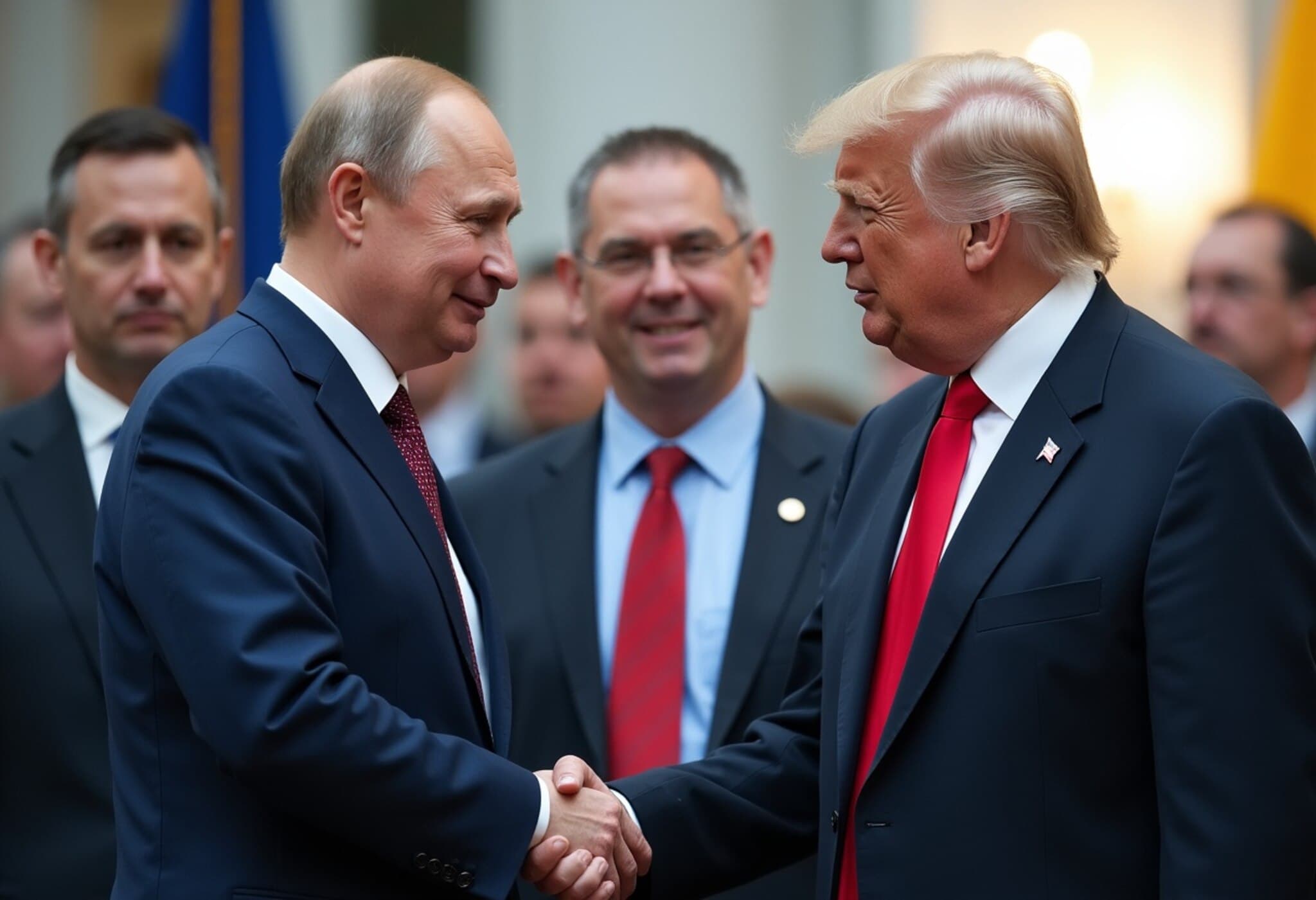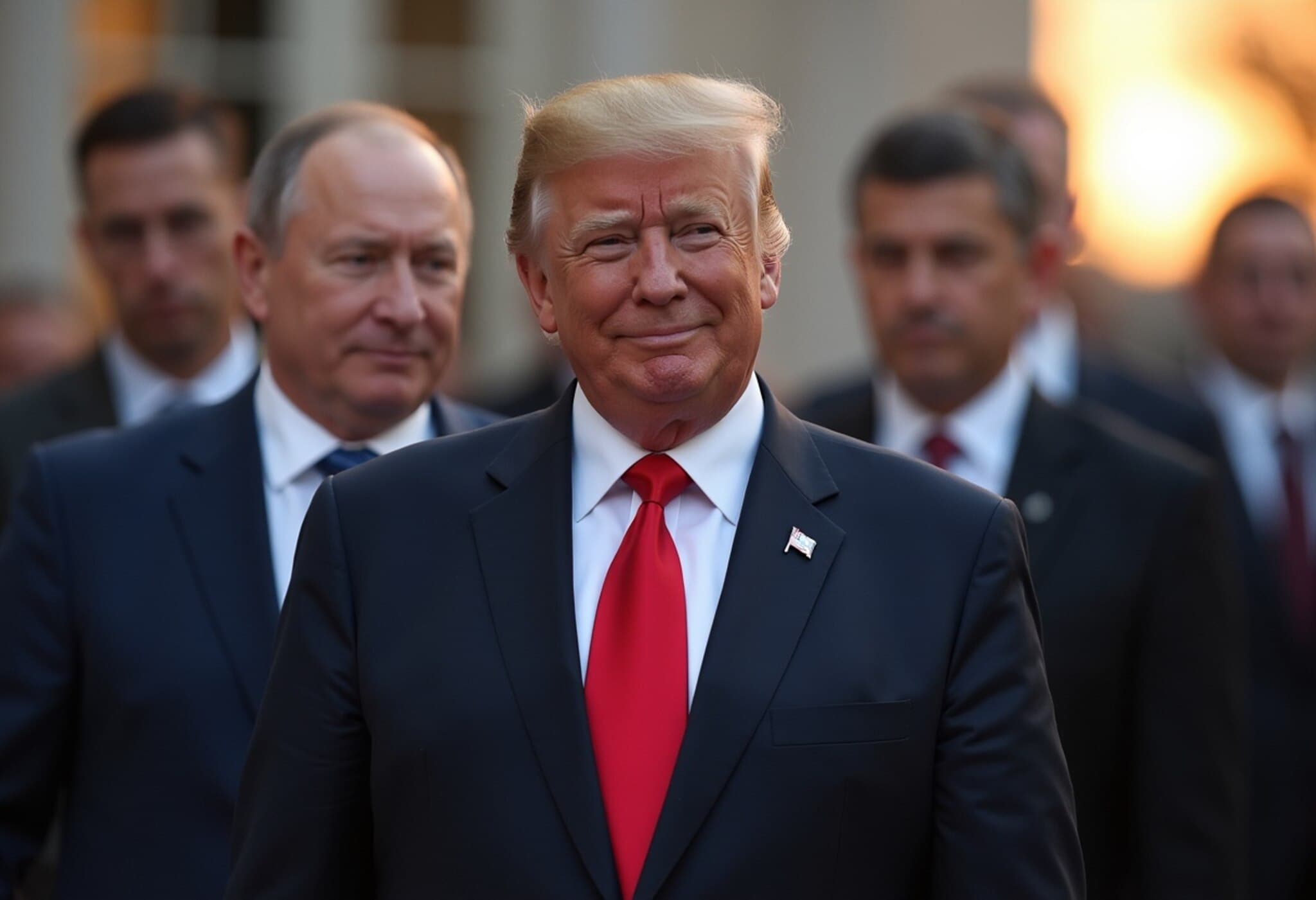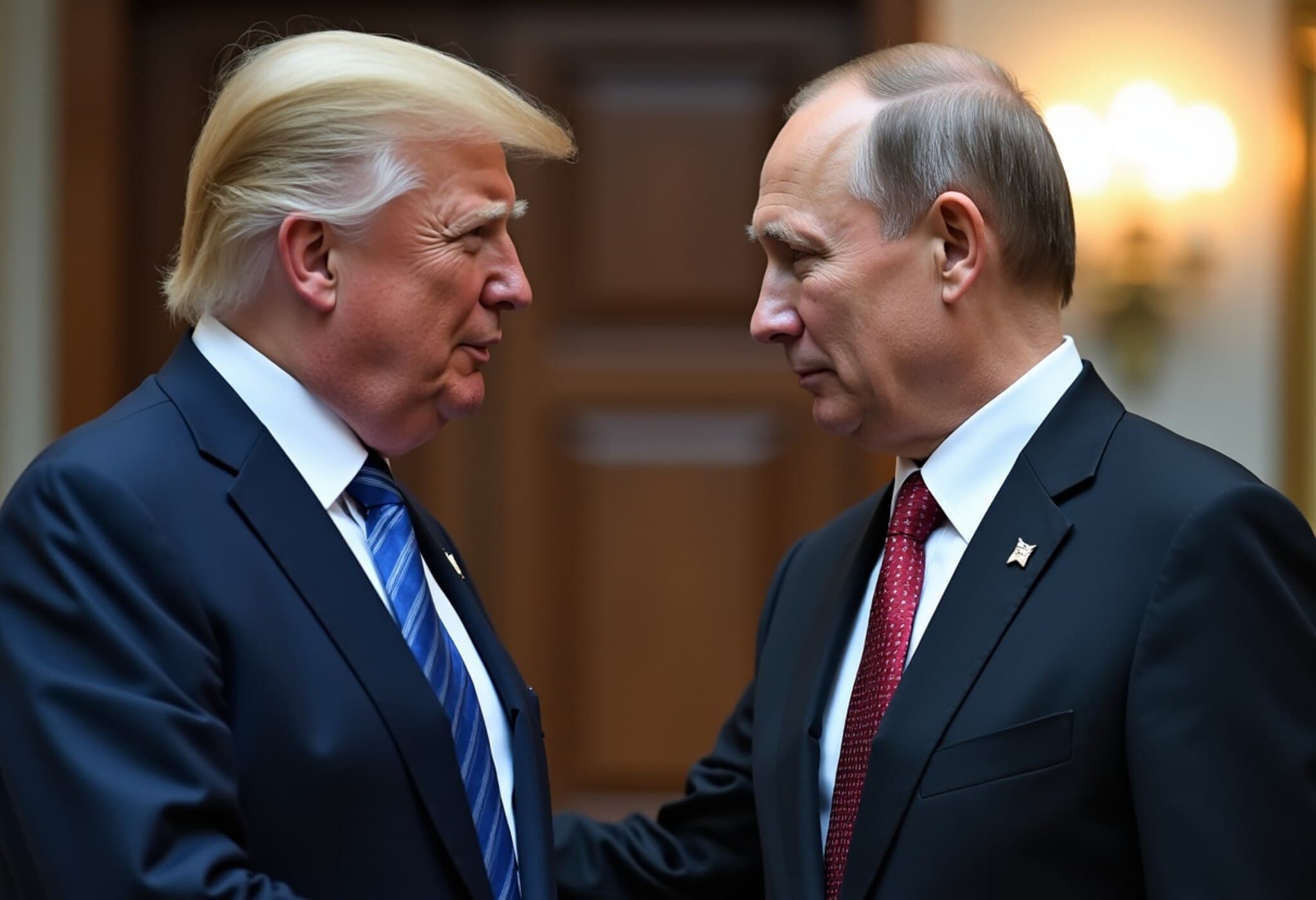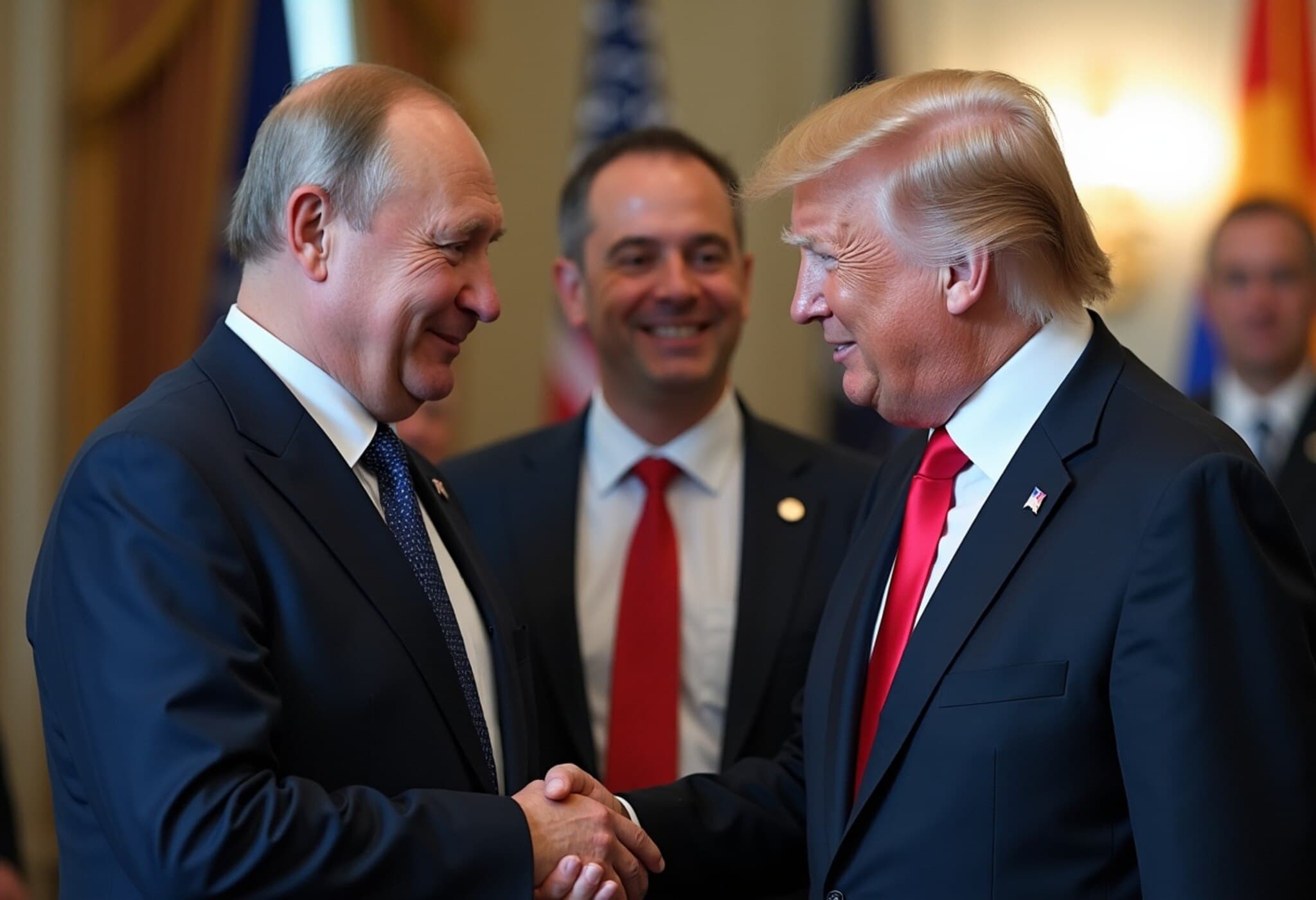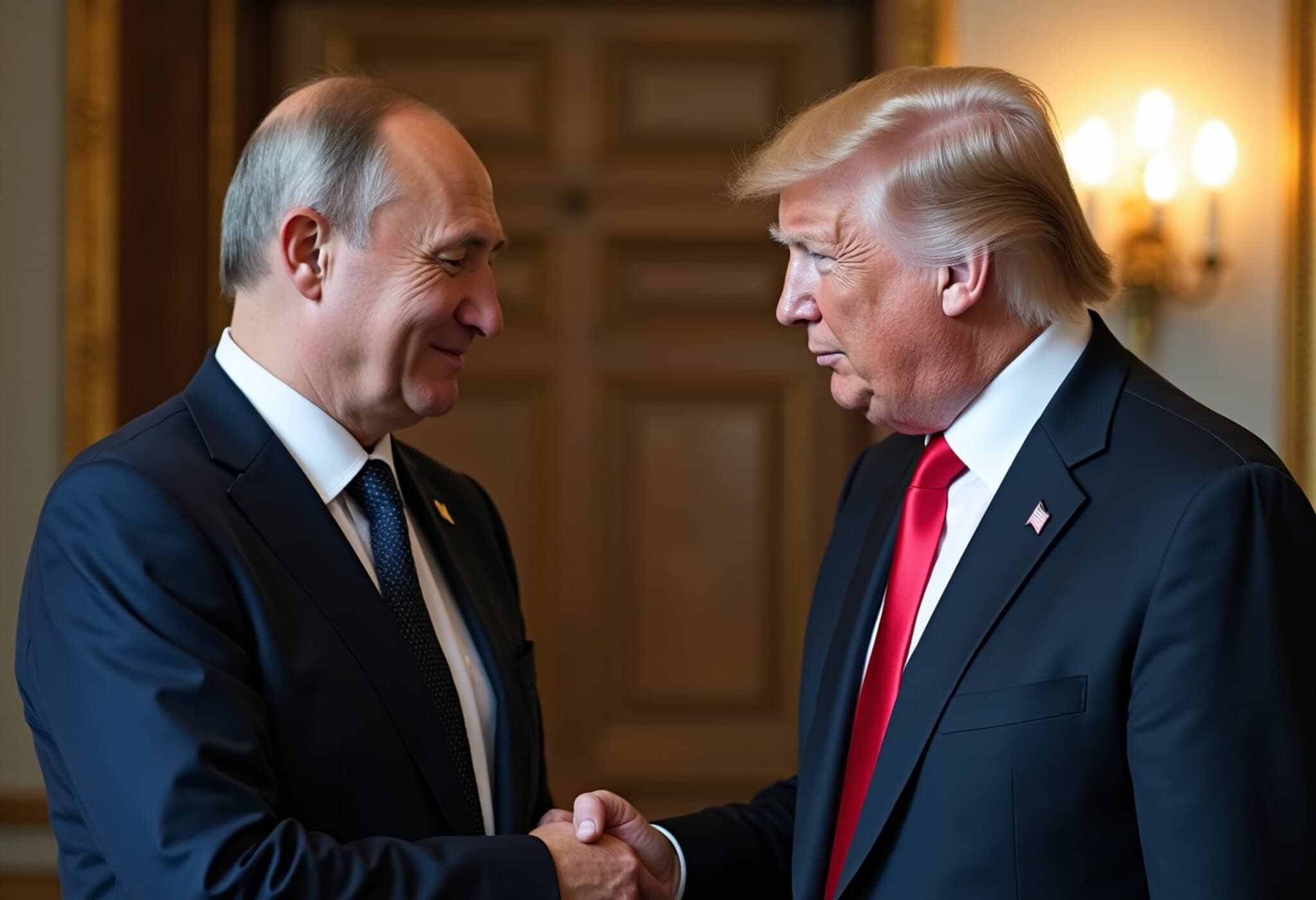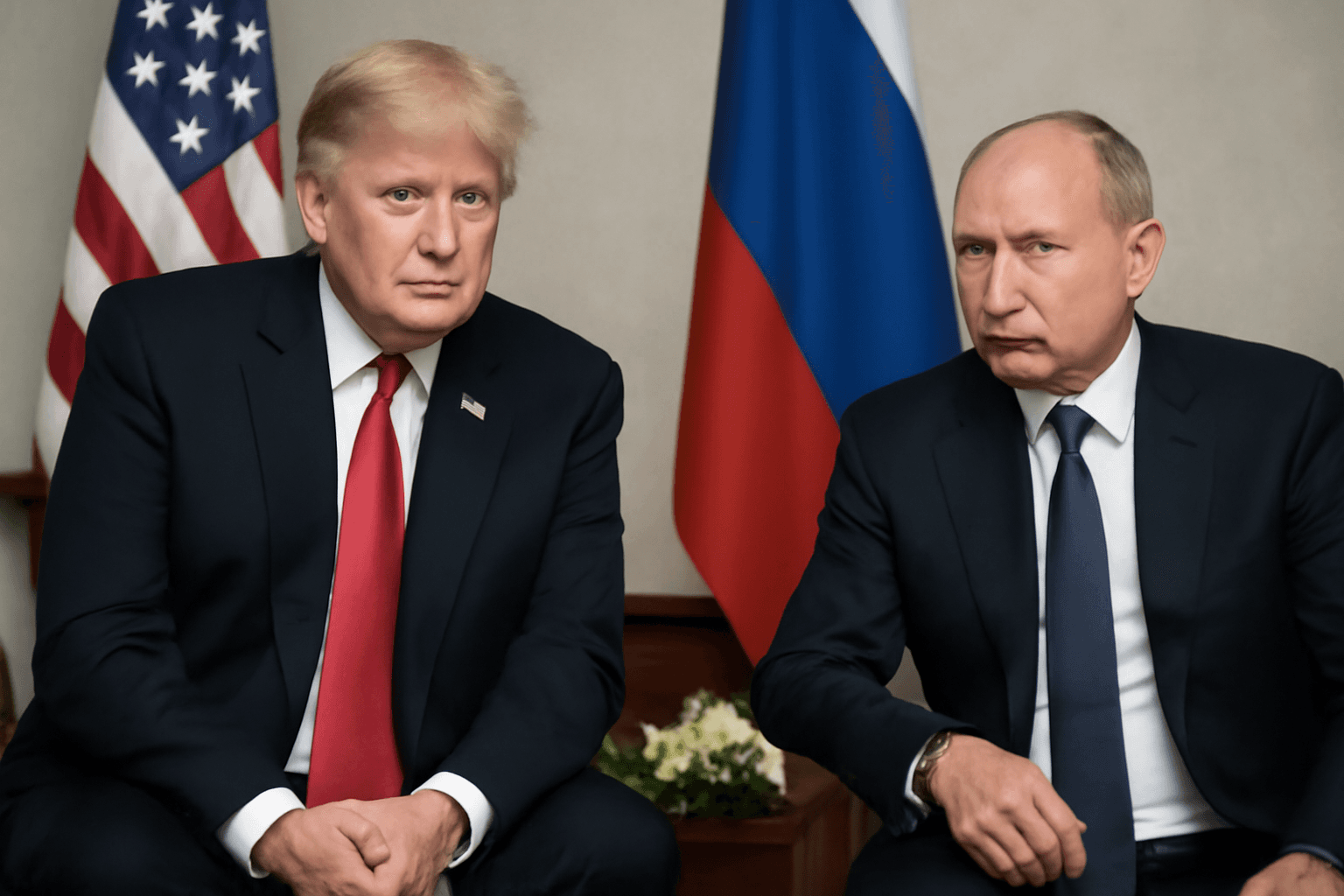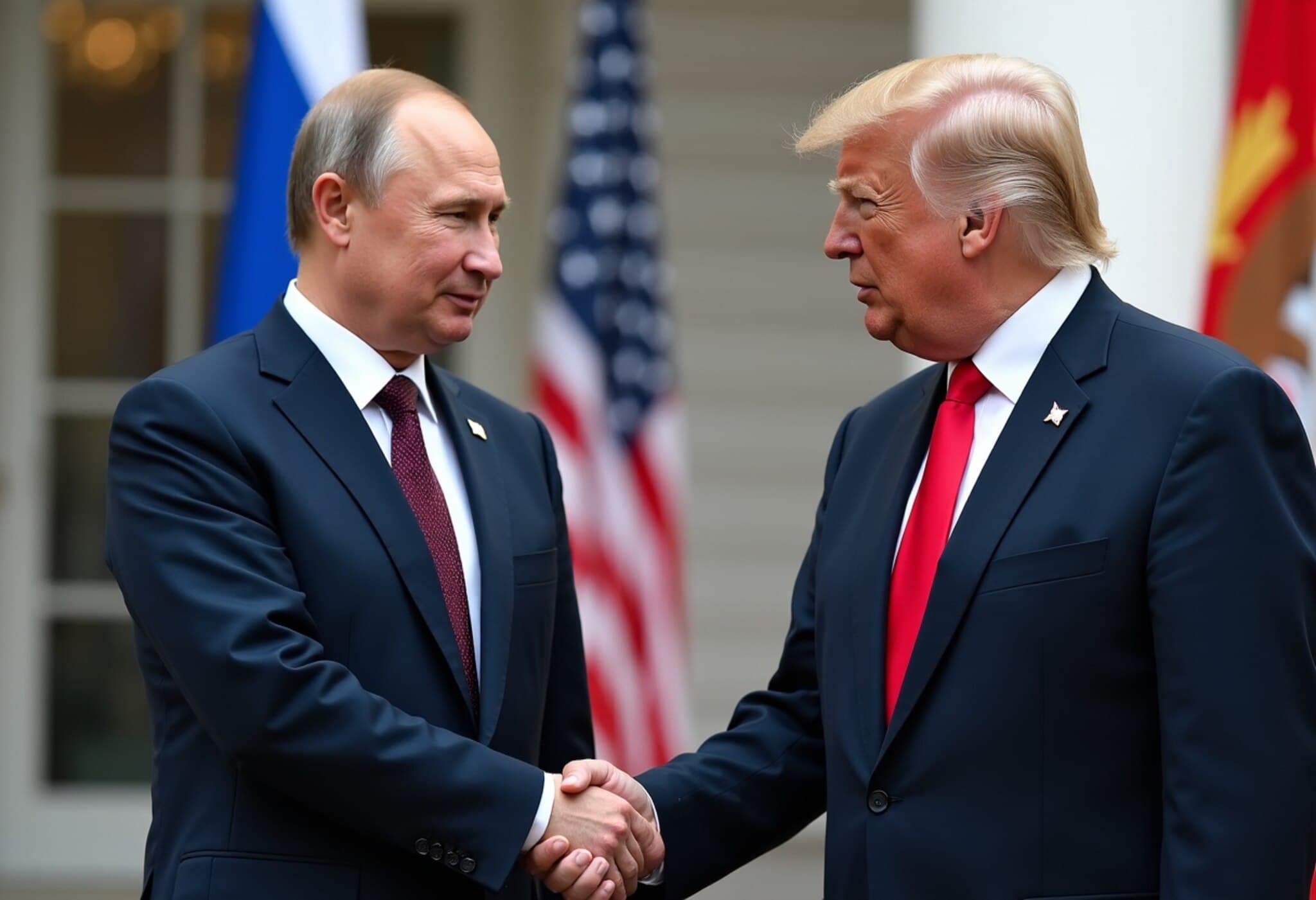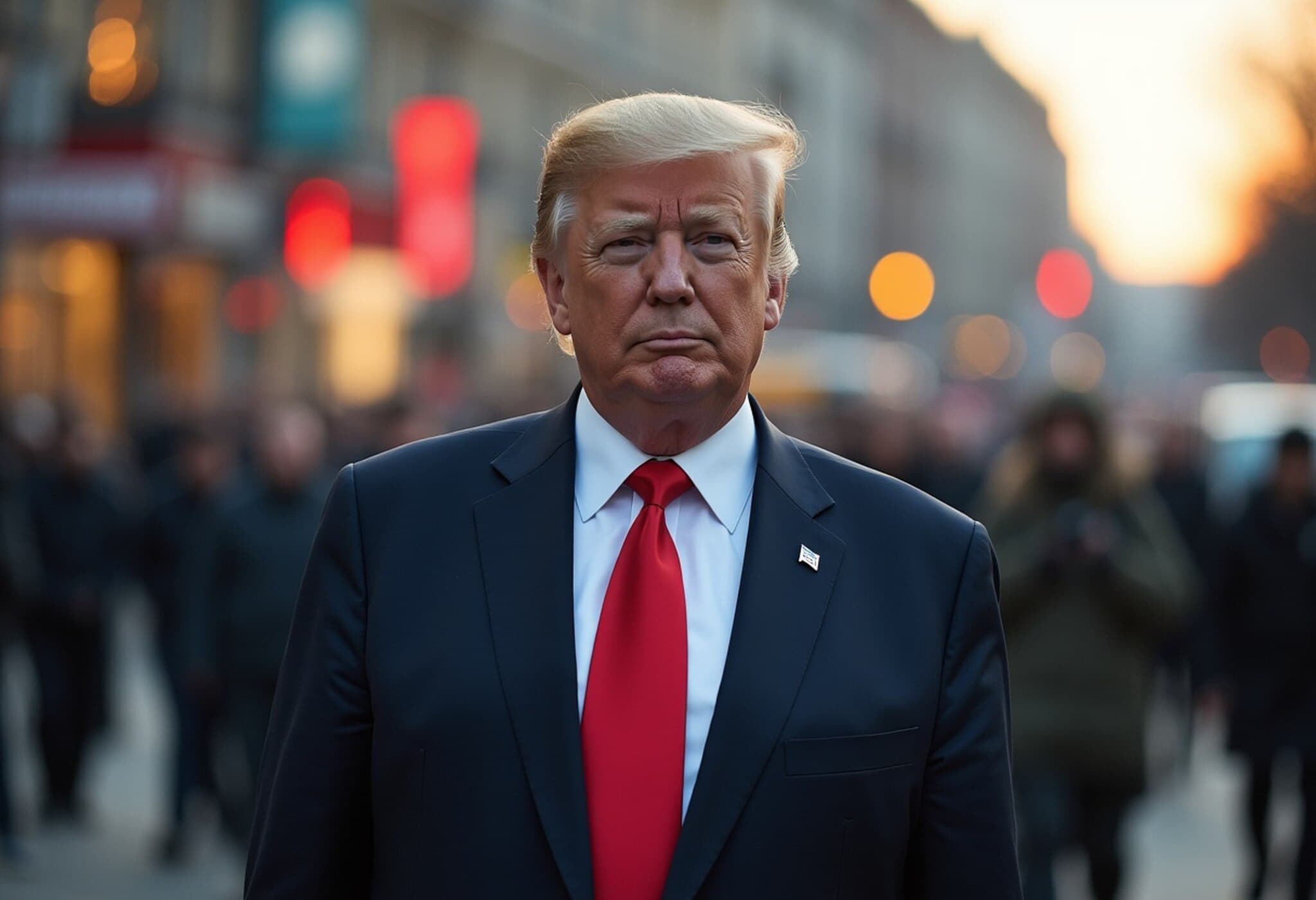Trump Considers In-Person Talks with Putin as Early as Next Week
In a development that could reshape diplomatic efforts surrounding the Ukraine crisis, former U.S. President Donald Trump reportedly plans to meet face-to-face with Russian President Vladimir Putin as soon as next week. The New York Times cited two sources close to the matter revealing that Trump is also aiming to organize a trilateral meeting including Ukrainian President Volodymyr Zelenskiy.
White House Signals Openness to Historic Peace Dialogue
White House Press Secretary Karoline Leavitt responded to these reports by emphasizing the administration's commitment to ending the brutal conflict. "The Russians expressed their desire to meet with President Trump, and the President is open to meeting with both President Putin and President Zelenskiy," Leavitt said. "President Trump wants this brutal war to end." This marks another bold step in an effort to bridge deep divides, although specifics about the timing and location remain under wraps.
Context: The War’s Toll and High-Stakes Diplomacy
Since the Russian invasion of Ukraine in 2022, the conflict has exacted a devastating toll on human lives and global stability. President Trump’s interest in direct engagement with both leaders recalls his 2016 campaign promise to swiftly end the war, a promise that has remained a contentious point in U.S. foreign policy debates.
Earlier on Wednesday, Trump acknowledged recent communications with European leaders following a meeting between U.S. envoy Steve Witkoff and President Putin in Russia. On his social media platform Truth Social, Trump conveyed cautious optimism, stating, "Great progress" was made and emphasizing, "Everyone agrees this War must come to a close, and we will work towards that in the days and weeks to come." This suggests a potential thaw in entrenched diplomatic stalemates.
Challenges and Expert Perspectives
Experts highlight the complexity of arranging meetings that include both Putin and Zelenskiy, noting historical tensions and mutual distrust that complicate peace negotiations. The prospect of bringing all parties to the table simultaneously suggests a desire for direct dialogue to resolve sticking points.
Dr. Evelyn Martinez, a senior fellow on Eurasian affairs, remarked, "Such a trilateral meeting would be unprecedented and fraught with diplomatic landmines. Yet, it might create a rare moment for candid discussion that sidesteps bureaucratic gridlock." The meeting could pave the way for new sanctions relief proposals or security guarantees essential to any durable peace deal.
Domestic Political Dynamics and International Implications
Domestically, Trump appears increasingly exasperated with the pace of progress. Reports indicate he set a looming Friday deadline for Russia to agree to peace terms or risk facing new rounds of sanctions. This deadline reflects mounting impatience but also underscores enduring geopolitical risks should talks collapse.
For U.S. and European policymakers, balancing pressure on Moscow with incentives for peace remains a delicate act. Trump's involvement may invigorate some diplomatic channels, but it also raises questions about the alignment of U.S. policy goals—especially amid ongoing debates on American support for Ukraine’s sovereignty.
What Remains Unclear
- Timing and location: No official confirmation yet on where or exactly when the meetings would occur.
- Agenda specifics: The key issues to be discussed, including territorial disputes, ceasefire terms, and sanctions relief, have not been publicly detailed.
- Potential outcomes: Whether these talks will truly lead to meaningful breakthroughs or serve as symbolic gestures remains to be seen.
Editor's Note
As the war in Ukraine drags into its fourth year, the announcement of potential meetings between Donald Trump, Vladimir Putin, and Volodymyr Zelenskiy introduces a critical new chapter in the search for peace. While past diplomatic efforts have faltered amid distrust and competing agendas, the willingness of all parties to engage directly holds cautious promise. Observers and citizens alike should watch closely: can these high-stakes dialogues turn the tide toward resolution, or will they spotlight the intractable challenges that have long stymied peace? This moment invites reflection on the broader question of how leadership and diplomacy must evolve in a fracturing global order.

